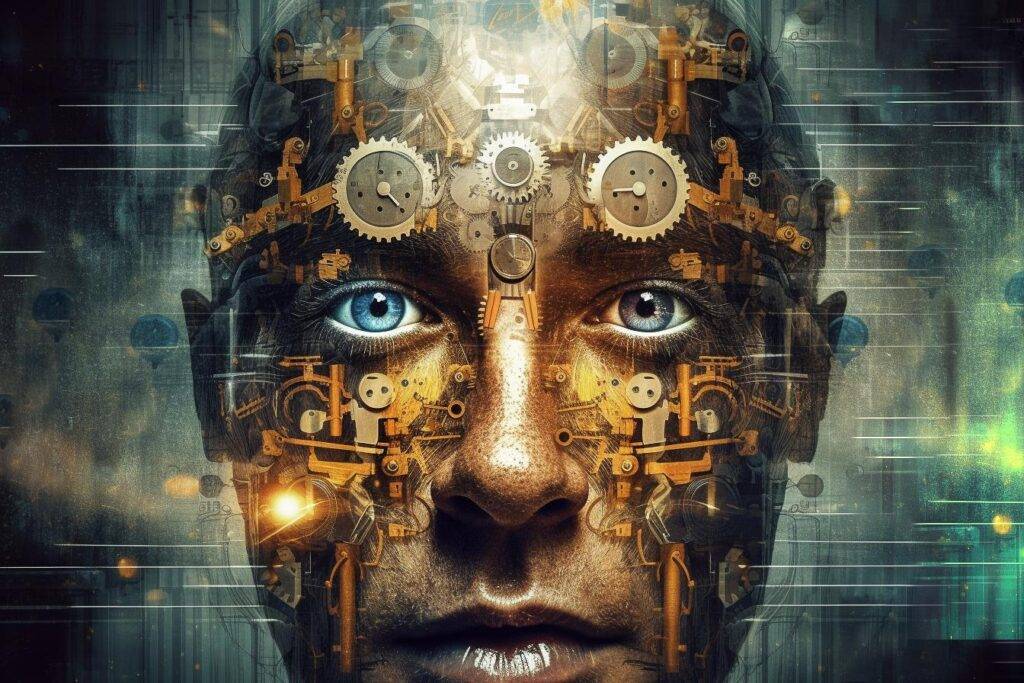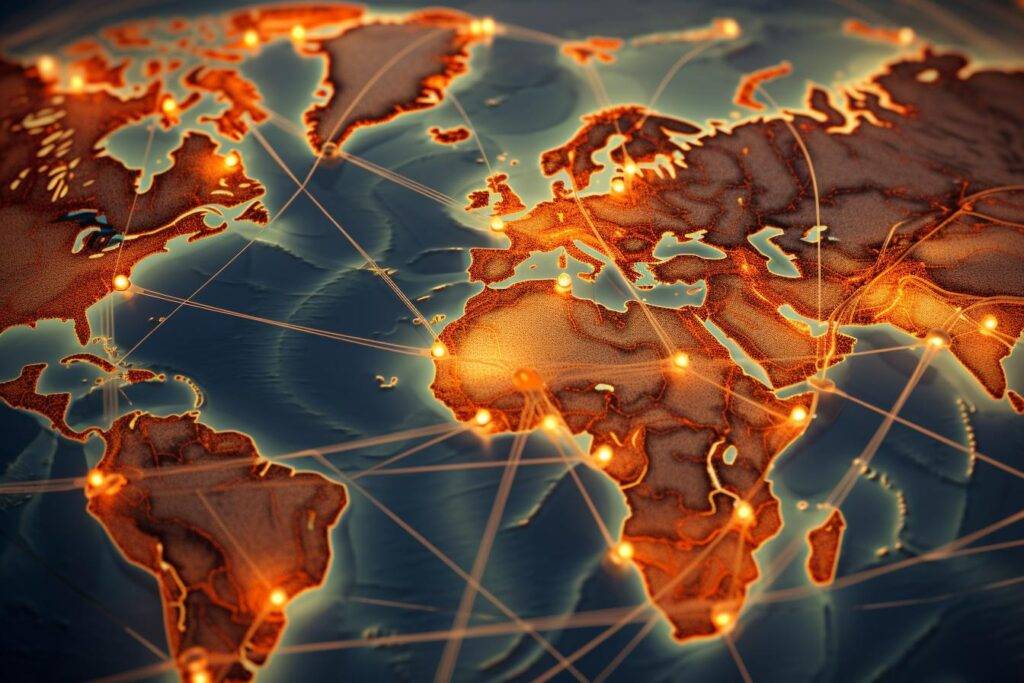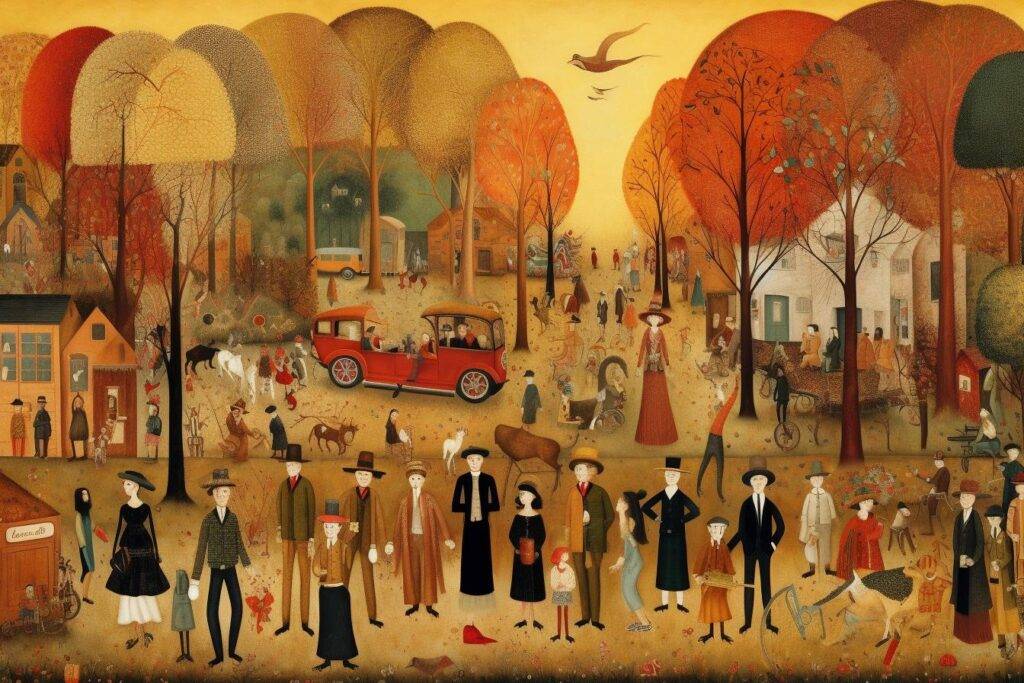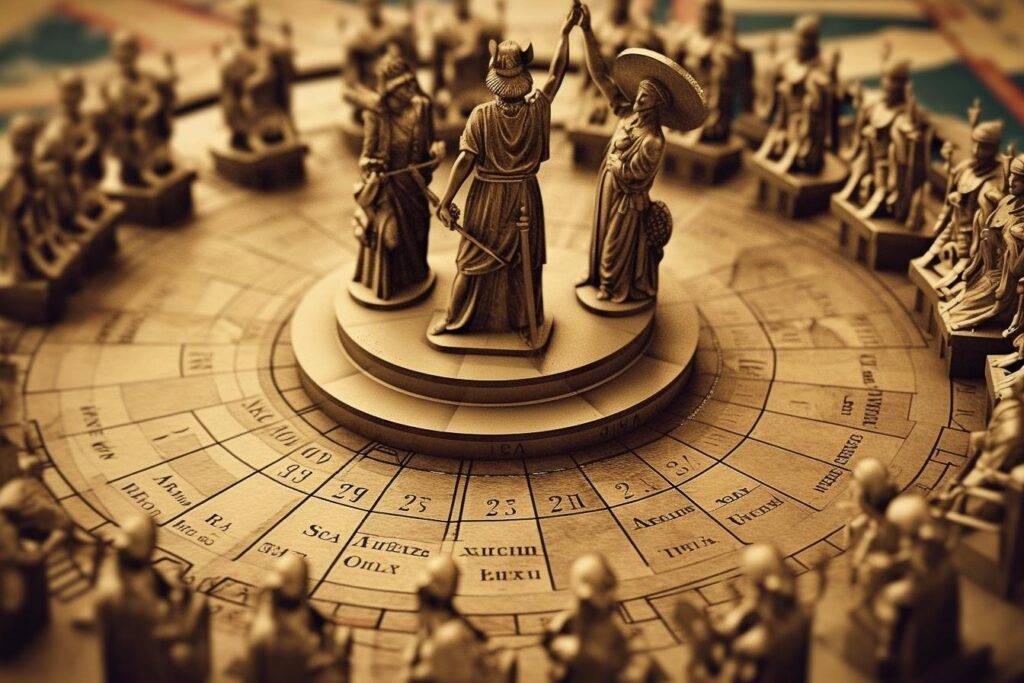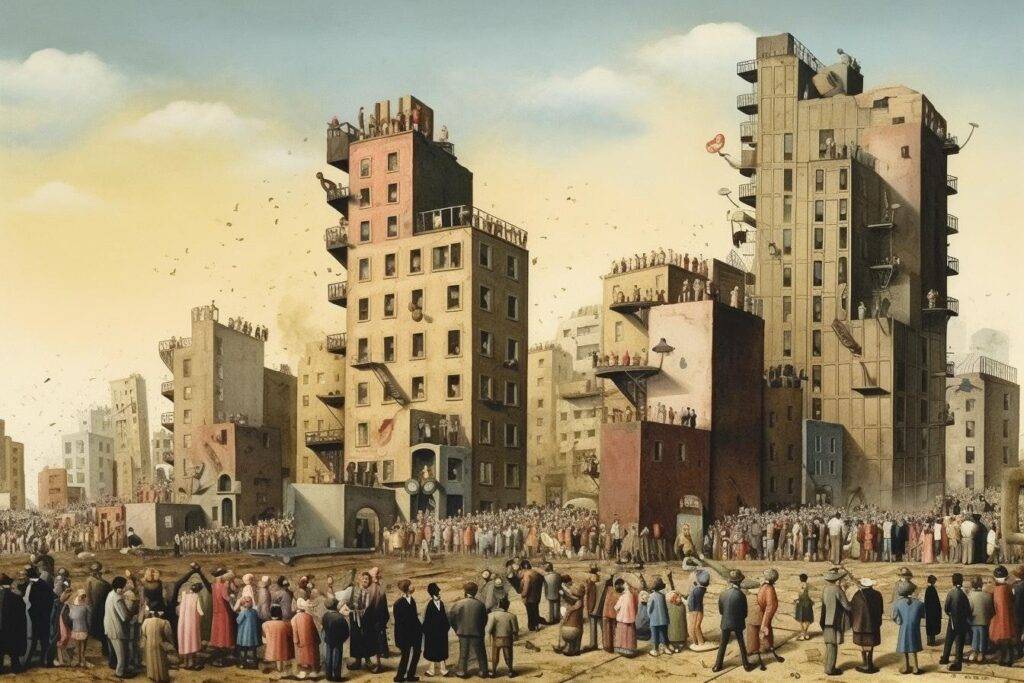History is the study of past events, societies and individuals, and how these processes have shaped the world we live in today. It is a documentary record of human experience, achievements, conflicts and transformations over time. History provides valuable insights into the development of our civilizations.
The study of history is essential because it helps us to understand who we are, where we come from and how we got to where we are today. It allows us to understand the world around us by studying the causes and consequences of past events and their impact on the present. History provides us with valuable lessons about the consequences of human actions, the complexity of social, political and economic systems, and the processes of change in power and influence.
By studying history, we gain a broader perspective on the diversity of human experience, the development of societies and the interconnectedness of global events. It helps us to appreciate the cultural, intellectual and technological achievements that have shaped the modern world. In addition, history provides us with a framework for analyzing and interpreting current events, understanding social issues and making informed decisions about the future.
History also serves as a reminder of the struggles and sacrifices of previous generations. It helps us to preserve our collective memory, to celebrate the achievements of individuals and communities, and to learn from the mistakes of the past so that they are not repeated.
History is a record of man’s journey through time, offering us the knowledge accumulated along the way. Knowledge that gives us a deeper understanding of our own identity and encourages critical thinking, as well as providing valuable lessons for navigating the present and building a better future.
